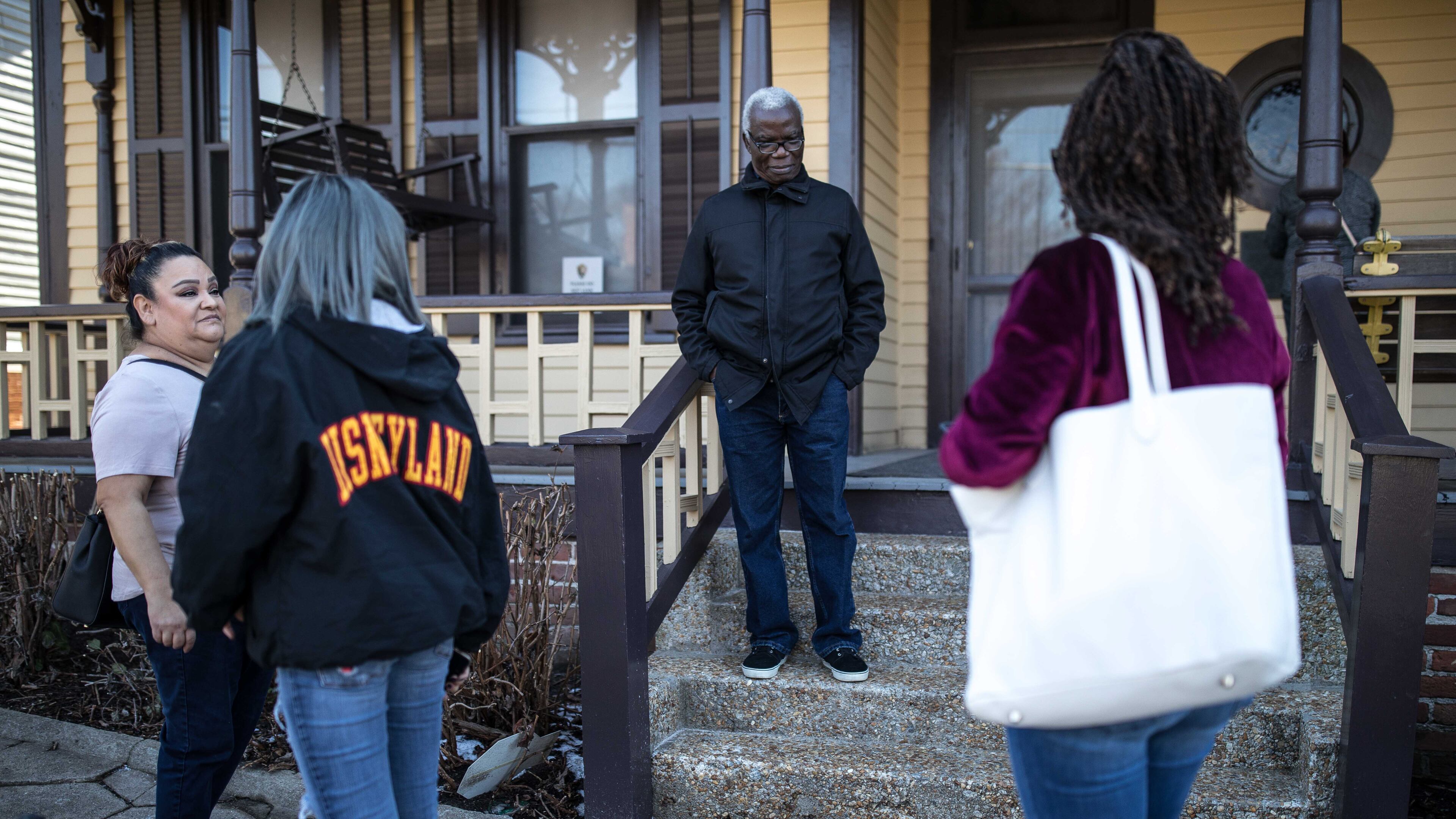Government shutdown affects Georgia for second day

As the government shutdown stretched into it second day, Georgia residents continued to feel some of the effects.
The move on Saturday to bar motorists from entering Kennesaw Mountain National Battlefield Park apparently led to heavy traffic congestion Sunday as visitors and outdoor enthusiasts enjoying the unseasonably warm day parked alongside the shoulders on Ga. 120 to make their way to the scenic trails.
On Saturday, the National Park Service, which operates some popular historic attractions in Georgia, said its parks would “remain as accessible as possible while still following all applicable laws and procedures.”
“However, services that require staffing and maintenance, such as campgrounds and full-service restrooms, will not be operating,” National Park Service spokesman Jeremy Barnum said.
While the historic Ebenezer Baptist Church held its Sunday services, including a sermon from the Rev. Jesse Jackson, sites at the national historic park honoring civil rights icon the Rev. Martin Luther King Jr. were closed this weekend because of the shutdown. However, the King Center, which is a separate entity located at the national historic site, noted on its website that it remained open. Freedom Hall, which is privately owned, remained open for visitors to take in exhibits about Rosa Parks, Ghandi and King and his wife, Coretta.
When government offices and agencies reopen for business Monday, the shutdown could begin having a greater impact. However, some services are spared at the moment. Despite the shutdown, the federal judiciary will be able to continue operating for about three weeks, until Feb. 9, the U.S. Courts office said Saturday. During this period, the federal courts can rely on collections of court fees and other funds that are not dependent on a new appropriation, the office said.
If no late night vote happens to end the shutdown, some important programs will continue. Social Security checks, Medicare reimbursements and food stamps are supposed to continue flowing. And the mail will continue to be delivered Monday.
• MORE ON THE POSSIBLE IMPACT ON GEORGIA: Federal workers, military bases and the CDC.


